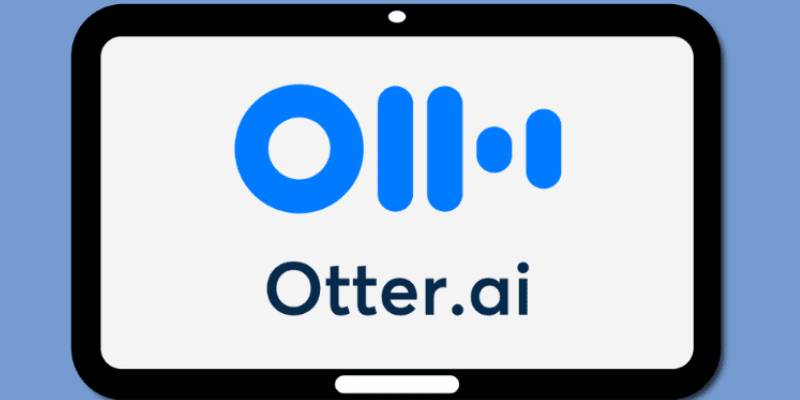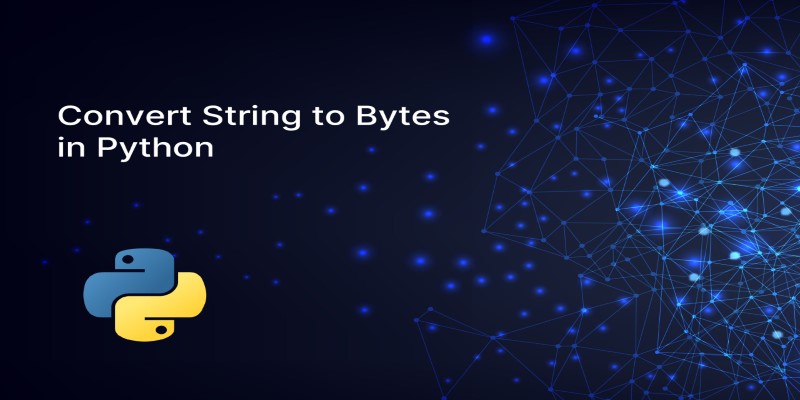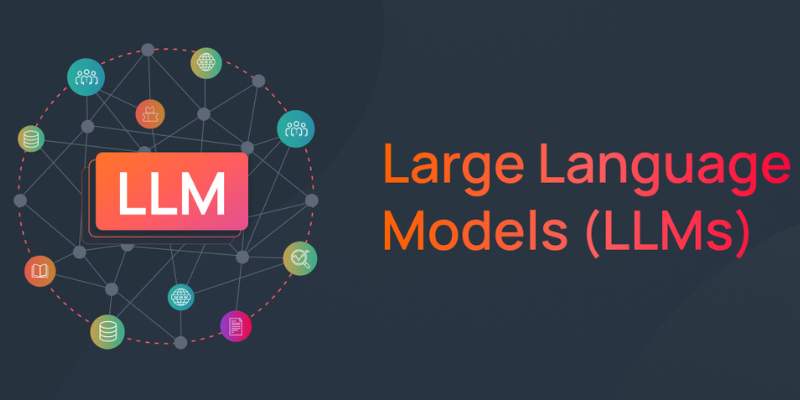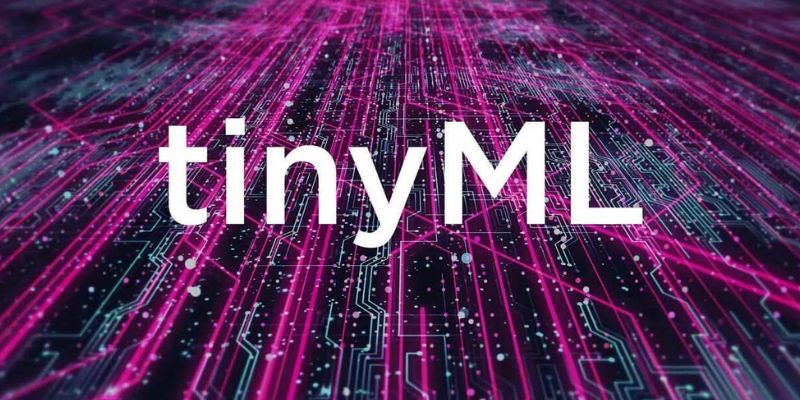Advertisement
By automating challenging processes, boosting creativity, and encouraging better decision-making, generative AI is poised to transform businesses. It changes established processes by producing content, insights, and solutions at hitherto unimagined speed and size. Generative AI can help companies enhance customer engagement through personalized experiences, streamline internal processes with smart automation, and speed innovation by generating ideas and prototypes. By offloading boring or data-intensive activities, this technology enables staff members to concentrate on strategic projects. Generative artificial intelligence will eventually be a primary engine of digital transformation, allowing companies to stay competitive, agile, and future-ready in an increasingly AI-driven world.

Although at different scales and in various ways, many businesses have already started including generative artificial intelligence. AI technologies in marketing divisions automatically create interesting content for product descriptions, social media posts, and campaigns, enabling companies to contact consumers more quickly and personally. To offer 24/7 support without depleting human agents, customer service teams use artificial intelligence chatbots that manage everyday questions using natural, conversational responses. Generative artificial intelligence in the finance sector drafts reports, examines trends, and forecasts hazards to enable more knowledgeable decision-making. AI assistants help software development teams draft and debug code, therefore hastening product releases. These first uses show generative AI's increasing adaptability and capacity to enhance output throughout several organizational divisions.
Generative artificial intelligence offers several obvious advantages that could transform company operations completely. First and foremost, automating content generation and data analysis significantly lowers the time required to complete manual chores. This allows companies to grow their production without a commensurate rise in labor expenses. Furthermore, generative AI enhances creativity, provides fresh ideas, writes first drafts of artistic works, or recommends modifications grounded on large data patterns. Improved customer experience helps businesses as AI-powered customization customizes contacts and recommendations on a large scale. The democratization of knowledge is another major benefit; staff members without particular expertise can use artificial intelligence tools to accomplish challenging jobs, leveling the playing field. Generative AI speeds innovation cycles, lowers running expenses, and raises staff productivity.
Even though generative AI has many potential advantages, businesses must manage several risks and difficulties while implementing it. Data security and privacy are big worries because AI models need access to private client and business information. This question is how data is exchanged, maintained, and safeguarded against breaches. The quality and dependability of AI outputs provide another difficulty; businesses require strong review and validation procedures since generative AI models might occasionally generate biased or erroneous content. Concerns around intellectual property are also becoming more prevalent, especially about who owns content produced by AI.
It is anticipated that generative AI will radically alter the workforce by changing rather than replacing jobs. AI will complement human abilities and relieve workers of monotonous or repetitive duties, rather than replacing current staff members. Due to this change, there will be a need for new skill sets centered on interpreting and using insights produced by AI, as well as administering, training, and auditing AI systems. To create a more innovative and strategic work environment, employees will increasingly collaborate with AI copilots that help with drafting, analysis, and problem-solving. Furthermore, generative AI will make it possible for more flexible and distant employment arrangements by automating repetitive tasks that formerly required in-person supervision.

Although almost every business will be impacted by generative AI, some will see especially significant changes. With AI helping with medical imaging interpretation, generating patient record summaries, and even aiding in drug research, the healthcare sector stands to gain greatly. The automation of fraud detection, report generation, and customized investment advice will accelerate in the financial services industry. Generative AI will be used by retail and e-commerce businesses to automate customer support, inventory control, and tailored marketing. AI-driven design prototyping, quality control, and predictive maintenance will all be used in manufacturing. The legal sector will use AI to evaluate compliance paperwork, do due diligence, and design contracts.
Ethical issues grow more important when generative AI is included in business processes. To gain users' and consumers' trust, businesses must make sure AI systems are open and transparent about how their outputs are produced. Another major issue is fairness; AI models must be developed and taught to prevent the reinforcement of prejudices based on gender, ethnicity, or other delicate characteristics. Strong enforcement of privacy laws is necessary, particularly when AI accesses or creates data concerning people. Businesses must also prevent the misuse of AI-generated material, including disinformation and deepfakes. Setting up governance frameworks that incorporate human monitoring, transparent accountability, and adherence to new laws will be crucial.
In the business world, generative AI has a promising and exciting future. Deeper integration across all business functions will result from AI models' increased sophistication and specialization, enabling them to undertake more complicated jobs. AI will likely facilitate real-time decision-making, speed up innovation cycles, and personalize consumer interactions. New possibilities for enterprise applications will arise from the convergence of generative AI with other cutting-edge technologies like blockchain, augmented reality, and the Internet of Things. Businesses must, however, strike a balance between excitement and accountability—embracing AI's disruptive potential while cautiously handling its ethical, legal, and personnel ramifications.
Unquestionably, generative AI is changing the business environment by enabling unprecedented levels of invention, creativity, and productivity. Although the technology has many advantages, including automating difficult processes, improving consumer experiences, and facilitating more intelligent decision-making, it poses ethical, data protection, and workforce adaptation difficulties. Businesses will be best positioned to realize the full promise of generative AI if they take a strategic approach, prioritizing transparency, security, and employee empowerment. Generative AI will develop into a vital instrument that propels digital transformation and long-term growth in various global sectors.
Advertisement

Discover how Otter.ai uses GenAI to enhance meetings with real-time insights, summaries, and seamless cross-platform access.

Learn 7 different methods to convert a string to bytes in Python. Explore techniques like encode(), bytes(), and bytearray() to handle data conversion effectively in your Python projects

Explore how AI and digital transformation improve automation through smarter data, decision-making, and customer interactions

Nvidia launched arm-based Windows PC CPUs, directly competing with Intel in performance and energy efficiency.

Find how red teaming secures large language models against threats, vulnerabilities, and misuse in AI-driven environments.

Discover Microsoft’s Responsible AI suite: fairness checks, explainability dashboards, harmful content filters, and others

Find out how SharePoint Syntex saves time by extracting metadata using artificial intelligence, resulting in better output

Discover how insurance providers use AI for legal contract management to boost efficiency, accuracy, risk reduction, and more

Unlock the power of Python’s hash() function. Learn how it works, its key uses in dictionaries and sets, and how to implement custom hashing for your own classes

Meta launches an advanced AI assistant and studio, empowering creators and users with smarter, interactive tools and content

Snowflake introduces a secure service to deploy AI and ML models with full data protection and cloud flexibility.

Discover AI gateways: tools for compliance, bias checks, audit trails, and so much more in this beginner’s guide.